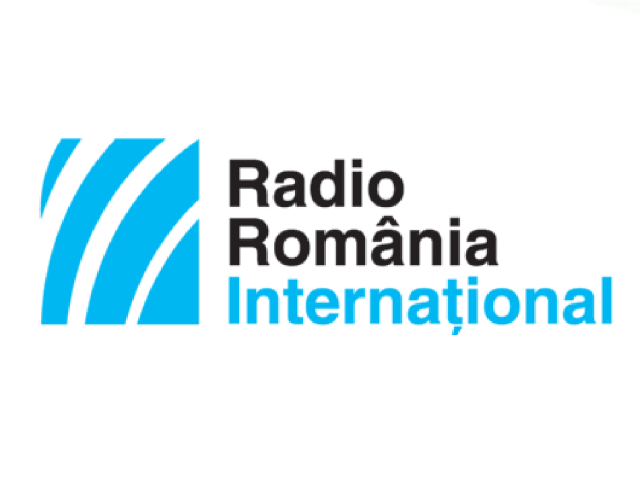Radio Linz in the Romanian Language
At the end of WWII, the Romanians in Austria formed the National Romanian Committee to lobby the Allies for mutual help

România Internațional, 16.04.2018, 12:46
At the
end of WWII, the Romanians in Austria formed the National Romanian Committee to
lobby the Allies for mutual help. The Romanian refugees were interned in the
Linz camp by the American military government as former enemies. On Radio Linz,
the Romanians even had a programme to communicate better with each other and
keep hope alive for a better post-war situation for Romania. The community of
Romanians in Austria was diverse, including people who had been taken prisoners
by the German army, students, industrial workers, and former members of the
Iron Guard who had left Romania in 1941. The Orthodox priest Richard Grabovschi
was an officer during the war and was one of the founders of the National
Romanian Committee.
In an interview given to Radio Romania’s Oral History
Centre in 1998, he remembers how it all began:
There were 350 to 370 of us in the camp, which was in some former barracks of
the Romanian army. We created this committee and called it the National
Romanian Committee and went to see the American authorities. The problem was
that none of us could speak English. We arrived at the military command centre
for Upper Austria, and while speaking amongst ourselves on the corridor, we
were approached by someone dressed in American uniform but wearing no rank
insignia or badges and who spoke to us in Romanian. He asked us why we’d come
and we told him all about it. He told us his name was Gheorghe Leuca, that he had
a PhD in Germanic studies and that he was working as a German language
interpreter for the American military command. He offered to come with us to
see the American commander. We stated our case before the American, he listened
to us and told us he would review our situation.
After
this interview, conditions improved for the Romanians in the camp. The members
of the Committee wrote a letter to the American authorities urging them not to
see the Romanians as former enemies and take into account the fact that the
Romanian army had fought alongside the Allied forces after August 23rd
1944. Following the Committee’s request, the Romanians in the Linz camp were
counted up and they agreed to contribute to efforts to clear up bomb sites, the
reconstruction of the means of communication, and work in agriculture and in
the factories that were still running. The American military authorities even
allowed the Romanians to have a programme on the local radio station, every
Thursday from 10.30 am to 1 pm. Richard Grabovschi was a presenter in that
programme:
The radio station in Linz was a normal Austrian radio station, which the
American military government considered the best means of communication among
national committees and the people of different nationalities who were living
in the region, so that these people should be informed by means of a radio
broadcast. At first, we were allotted a-quarter-of-an-hour slot, which was
later extended to a half hour, and it was up to us to decide who would speak at
the microphone. I was young and they decided to choose me. The broadcast
included pieces of Romanian music such as ‘Long live the King’!, ‘On our flag’
and ‘Three colors’ as well as more lively songs by Maria Tanase, Ioana Radu and
Mia Braia and also communiqués or announcements. Our announcements sounded like
this: ‘Ion Popescu from x region is looking for his cousin or sister who is
allegedly a refugee in a certain region of Austria or in Germany. Those who
know about her are kindly asked to share this information with him or with the
people at the Romanian National Committee.’ Also on the radio we announced when
we were going to make field recordings. But to prevent unpleasant things from
happening, we had to write our announcements in advance for them to be checked
before going on air. The announcement was: ‘Dear listeners, this is Upper
Austria radio station in Linz, I’m sub-lieutenant Richard Grabovschi, the
representative of the Romanian National Committee on the microphone.
In
time, Grabovschi decided to go to the US where a National Committee was still
active:
I got the visa in the autumn of 1951 and I went to the US in 1952. I landed in
New York in early June. This committee I am talking about had been functioning
for some time. For about 2 years I had read journals published in the US such
as ‘Solia’, the bishopric’s publication, or ‘America’, the official paper of
the Union of Brotherly Societies. There was also a magazine called ‘The
People’s Paper’ issued by Gheorghe Stanculescu and from time to time we also
received a magazine issued by the Greek Catholic church in America.
Most
of the members of the Romanian National Committee in Austria chose to leave,
after things had become clear as to the future turn of events. And Radio Linz
was a means by which they could find themselves and their freedom.






























